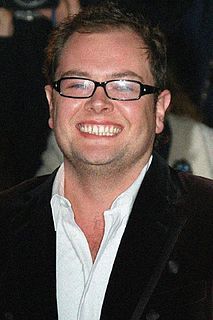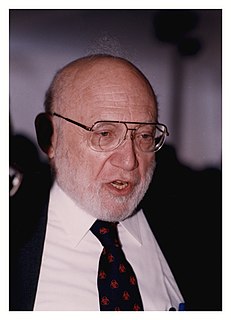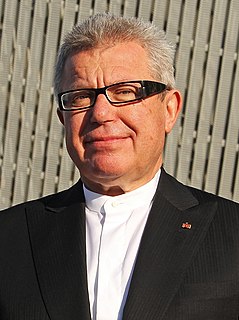A Quote by Henry Samueli
I'm a perfectionist. And that's served me very well in my career. It allows me to handle these large, complex problems without letting things fall through the cracks... That is the mentality you have to have to attack these complex problems of chip design, for example, when you're overwhelmed with complexity.
Related Quotes
Complexity has and will maintain a strong fascination for many people. It is true that we live in a complex world and strive to solve inherently complex problems, which often do require complex mechanisms. However, this should not diminish our desire for elegant solutions, which convince by their clarity and effectiveness. Simple, elegant solutions are more effective, but they are harder to find than complex ones, and they require more time, which we too often believe to be unaffordable
It is one of our most exciting discoveries that local discovery leads to a complex of further discoveries. Corollary to this we find that we no sooner get a problem solved than we are overwhelmed with a multiplicity of additional problems in a most beautiful payoff of heretofore unknown, previously unrecognized, & as-yet unsolved problems.
There are problems connected with infidelity and problems connected with being faithful at any cost, and I am for letting those concerned choose the problems they'd prefer. There need not be one rule for all. Infidelity is enlarging and fragmenting and very very dangerous, but it has been known to retrieve people as well as marriages, so it can't be only bad.
I see nothing easy in Washington. I see either analytically simple things that are politically complex or those that are politically complex and analytically complex. I mean, look at immigration reform, you know? It is, I think, analytically easy, but politically very, very complex and very difficult.



































